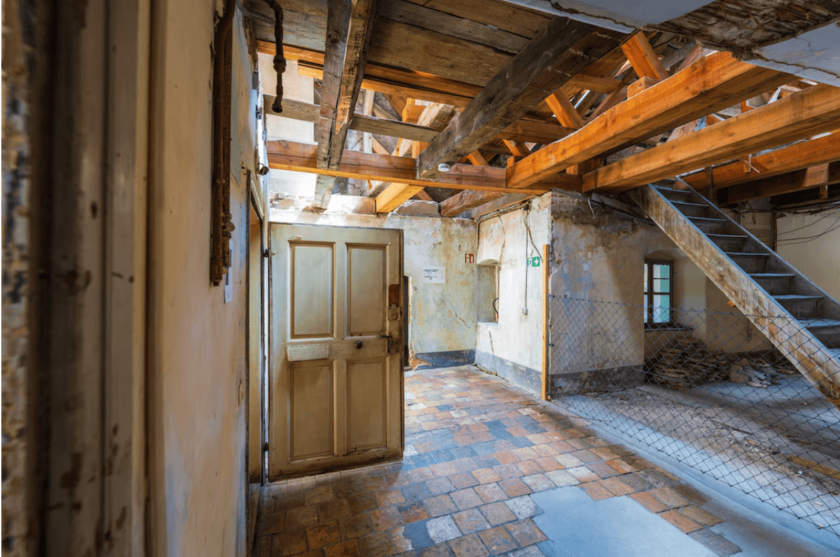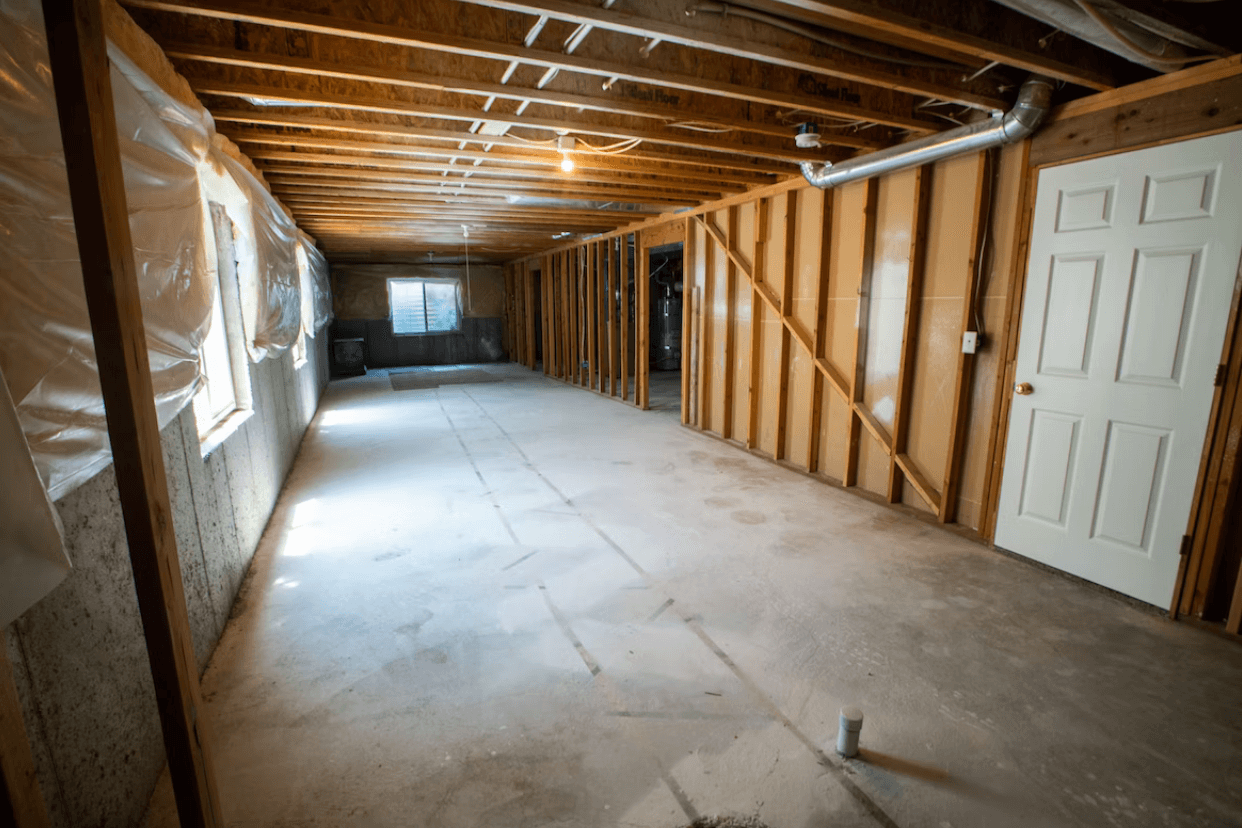Water is essential to life. It is necessary for growing crops, keeping livestock healthy, and providing drinking water. But too much water can be just as harmful as too little. When it rains heavily or snow melts quickly, the water can rise above the level of the ground and seep into your home through cracks in the foundation, windows, or doors. This can cause extensive damage and costly repairs. Not to mention, the musty smell that comes with a wet basement is enough to make anyone nauseous.
Luckily, there are a few things you can do to prevent water from penetrating the basement of your house and causing all sorts of problems. In this blog post, we will discuss some of the best ways to keep your basement dry. So whether you’re dealing with a little bit of moisture or you’re in the middle of a full-blown flood, here are some helpful tips to follow:
Hire The Waterproofing Company
If you are experiencing water infiltration in your basement, the best way to address the issue is to hire a professional waterproofing company. These companies have years of experience dealing with water damage, and they know exactly how to fix the problem. They will inspect your home and identify any cracks or holes that are allowing water into the basement. Then they will seal up these cracks and install a drainage system to divert water away from the house.
There are many different waterproofing companies out there, so it’s important to do your research and find one that you can trust. When looking for a basement waterproofing company, be sure to read online reviews and ask for referrals from friends or family members. You should also get a few quotes from different companies before making your final decision. And while you might think that you can solve the problem yourself, keep in mind that waterproofing your basement is not a do-it-yourself project. It’s best to leave it to the professionals.
Install A Sump Pump
A sump pump is a device that helps remove water from a basement or crawl space. Sump pumps are usually installed in homes that have a history of flooding, but they can be helpful for any home that experiences moisture problems. They work by drawing water from the basement and pumping it out through a discharge pipe to the exterior of the house.
There are two types of sump pumps: pedestal and submersible. Pedestal pumps are mounted on top of the pump housing, while submersible pumps are installed completely underwater. Both types have their pros and cons, so you will need to decide which type is best for your home.
When shopping for a sump pump, be sure to buy one with a high enough capacity to handle the volume of water in your basement. You should also look for a pump with features like an automatic float switch and backup battery power supply, so you can be sure it will perform when needed most. When it comes o Installation, you might be able to do it yourself, but it’s usually best to hire a professional.
Improve Drainage Around The House
Another way to prevent water from seeping into your basement is to improve the drainage around your house. This means making sure that the ground slopes away from the foundation and that gutters and downspouts are in good working condition.
If you have gutters, be sure to clean them out regularly. Leaves and other debris can clog the gutters and cause water to back up and overflow onto the ground. This can lead to pooling water around the foundation of your house, which can eventually seep into the basement. To avoid this problem, it’s best to clean your gutters at least once a year.
It’s also important to make sure that your downspouts are directing water away from the house. Downspouts should be extended at least four feet from the foundation to ensure that water is being directed away from the home. If you have any concerns about your gutters or downspouts, be sure to contact a professional for help.
Grade The Soil Around Your House
If your home is built on a sloped lot, you can help prevent water infiltration by grading the soil around your house. This means that you need to slope the ground away from the foundation in all directions so that any water runoff will flow away from the house.
You can grade the soil yourself by using a shovel and rake, or you can hire a professional landscaper to do it for you. If you decide to do it yourself, be sure to start grading at the lowest point of the property and work your way up. It’s also important to keep in mind that grading the soil will not solve all of your moisture problems – it’s only effective when used in conjunction with other methods like gutters and downspouts.
Install A French Drain
A French drain is a type of trench drain that is used to collect water from an area and redirect it away from the house. French drains are installed around the perimeter of a house, and they typically have a perforated pipe that runs through the center of the trench. The pipe collects water from the surrounding soil and directs it away from the house through a discharge pipe.
French drains are an effective way to prevent water infiltration, but they can be expensive to install. If you’re considering a French drain, be sure to get multiple quotes from different contractors before making your final decision. Also, keep in mind that French drains require regular maintenance – the perforated pipe can become clogged over time and will need to be replaced periodically.
Check For Plumbing Leaks
One of the most common causes of basement flooding is plumbing leaks. If you have any leaks in your home’s plumbing, there’s a good chance that water is seeping into your basement. To prevent this from happening, it’s important to regularly check all of the pipes and fixtures in your home for signs of leaks.
If you do find a leak, be sure to repair it as soon as possible. Even a small leak can cause major damage if it’s not fixed promptly. The best way to deal with plumbing leaks is to hire a professional plumber to repair the problem. Plumbers have the experience and knowledge necessary to fix any type of plumbing leak, big or small. It is also a good idea to schedule an annual plumbing inspection to make sure that there are no hidden leaks in your home’s plumbing.

While water infiltration can be a serious problem, as you can see, there are steps to take to prevent it. By following the tips above, you can help keep your basement dry and free from water damage at all times. If you have any questions about preventing water infiltration, be sure to contact a professional for help. They will be able to assess your specific situation and recommend the best course of action.

